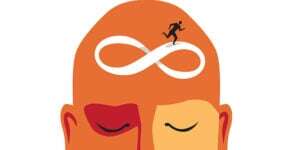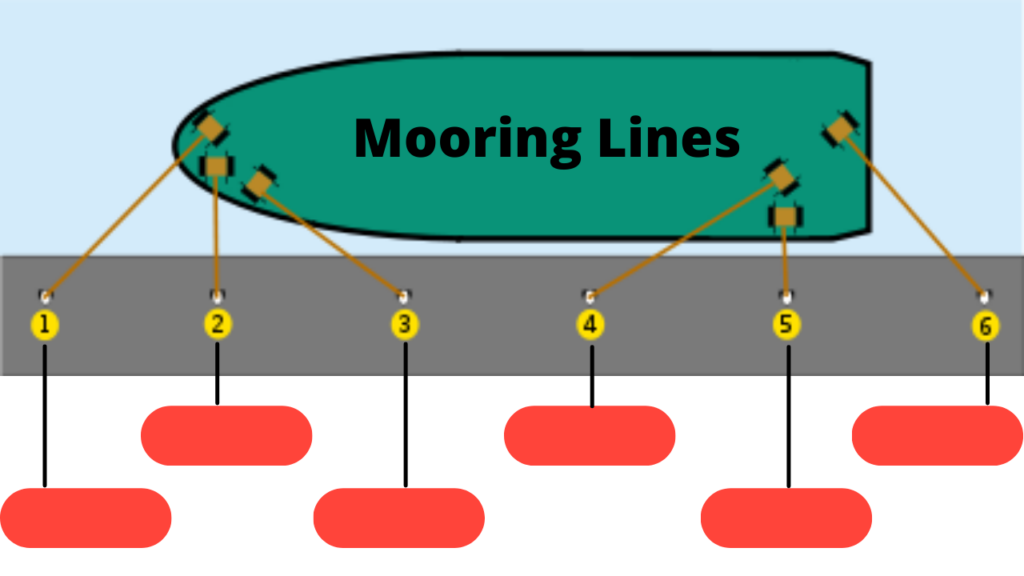Use Logic and Reason to Change Addictive Behavior
Jonathan von Breton, LCMHC, LCDP
 There is a very helpful addiction recovery tool that can change the way that you think about drugs and alcohol. It is called the ABC Tool and it is used in SMART Recovery®. The underlying assumption of the ABC Tool is that how we think has a major impact on our emotions and behaviors.
There is a very helpful addiction recovery tool that can change the way that you think about drugs and alcohol. It is called the ABC Tool and it is used in SMART Recovery®. The underlying assumption of the ABC Tool is that how we think has a major impact on our emotions and behaviors.
Change our thinking…and then our feelings and actions will change as well.
The ABC Tool is a self-help activity that you can complete any time that you feel like drinking or using, or when you want to stop drinking alcohol** for a month or more. In effect, the ABC Tool helps us unravel our thinking about drugs and alcohol and is the basic way to abstain from any chemical or behavior that negatively impacts our life. But what is the ABC Tool? And how do you put it into action? We review here.
What are the ABCs of abstinence?
A is the Activating Event. Simply put, something happens. That something can be external, say a traffic jam, a job loss, etc. It can be a memory of something in the past. It can be anticipation of the future. It can even be a bodily sensation.
B stands for Beliefs, things we tell ourselves about A. These beliefs are evaluations. Oh, B happens extremely fast and is so habitual we don’t notice it until we go back and look for it.
Beliefs can be rational:
-
reality-based or preference-based beliefs lead to healthy emotions, self-helping actions, and avoiding unnecessary conflict with our fellow fallible humans.
Beliefs can be irrational: not reality-based, demanding/wishful-thinking-based beliefs lead to exaggerated and unhealthy emotions, result in self-defeating actions, and stir up conflict.
C stands for Consequences. These are the emotional and behavioral consequences of what happens when we combine A times B.
—–
SAMPLE ABC
Now, let’s do a sample ABC so that you can get the hang of it.
—–
A: I feel an urge, craving, desire to use my beloved drug of choice. That would be marijuana for me.
B: I tell myself stuff about A. See if any of these sound familiar:
-
1. I don’t like this urge and I can’t stand it!
2. I must never be deprived of anything I like, especially pot!
3. I need to smoke pot or eat weed to get high!
C: I feel the urge much more intensely and start looking up my dealer’s number.
But wait! Didn’t I promise myself I would quit for a huge variety of excellent reasons? What the **** do I do now???????????
—–
How can I stop a craving?
Oh yes, I can D (Dispute) the idiotic Bs, or Bull Stuff, I’m telling myself. Done with honesty and enthusiasm, over time these disputes lead to…E (Effective new way of thinking, feeling and acting).
D = Dispute
E = Effective new emotion, thought or action
—–
D: Use logic and reason to challenge my Bull Stuff. Ideally, Ds are questions.
-
1. Is it true I can’t stand this urge? Have I ever died from having an urge and not giving in to it? Have I ever had an urge and there was no pot available? Did I die then? Am I likely to die if I resist this urge?
2. Where is it written that I MUST never be deprived of something I like? Am I a 2 year old who has to have his way or else I throw a ******* tantrum?
3. What evidence is there that I need to smoke pot? Is pot like air, food and water? Will I die without it?
E: Effective new way of thinking, feeling and acting
-
1. It’s not true that I can’t stand this urge! I have stood urges in the past for a variety of reasons. So I can **** well stand this one. If, in the highly unlikely event this urge does kill me, then the struggle is over and I get a nice funeral. But that’s not going to happen.
2. There is absolutely no reason why I must never be deprived! The universe just doesn’t work that way. I’m not 2 anymore. My urge is just that, a tantruming 2 year old.
3. I do not need to smoke pot. In fact, I’m choosing not to smoke pot for a lot of good reasons. Telling myself I ******* need something that I have chosen to quit is as self-defeating a thought as I could possibly have.
—-
Result of the ABC?
I feel the urge much less strongly now and feel far more committed to resisting it.
—–
To learn more about the ABC Tool and other SMART Recovery tools, please visit our website.
**NOTE: Be sure to seek medical help anytime that you stop drinking, especially after chronic or heavy bouts of drinking. Stopping cold turkey can be dangerous when you have been drinking heavily for a period of weeks or months. Always go through alcohol detox with medical help to prevent complications or serious side effects.
Source: AddictionBlog.org
Jonathan von Breton is a Certified as a Clinical Mental Health Counselor (CCMHC) and is certified as an Internationally Certified Alcohol & Drug Counselor (ICADC). He is also certified as a clinical supervisor in Rational-Emotive Behavior Therapy (REBT). Jonathan has been in recovery for 32 years and has been involved in SMART Recovery since 1994.




